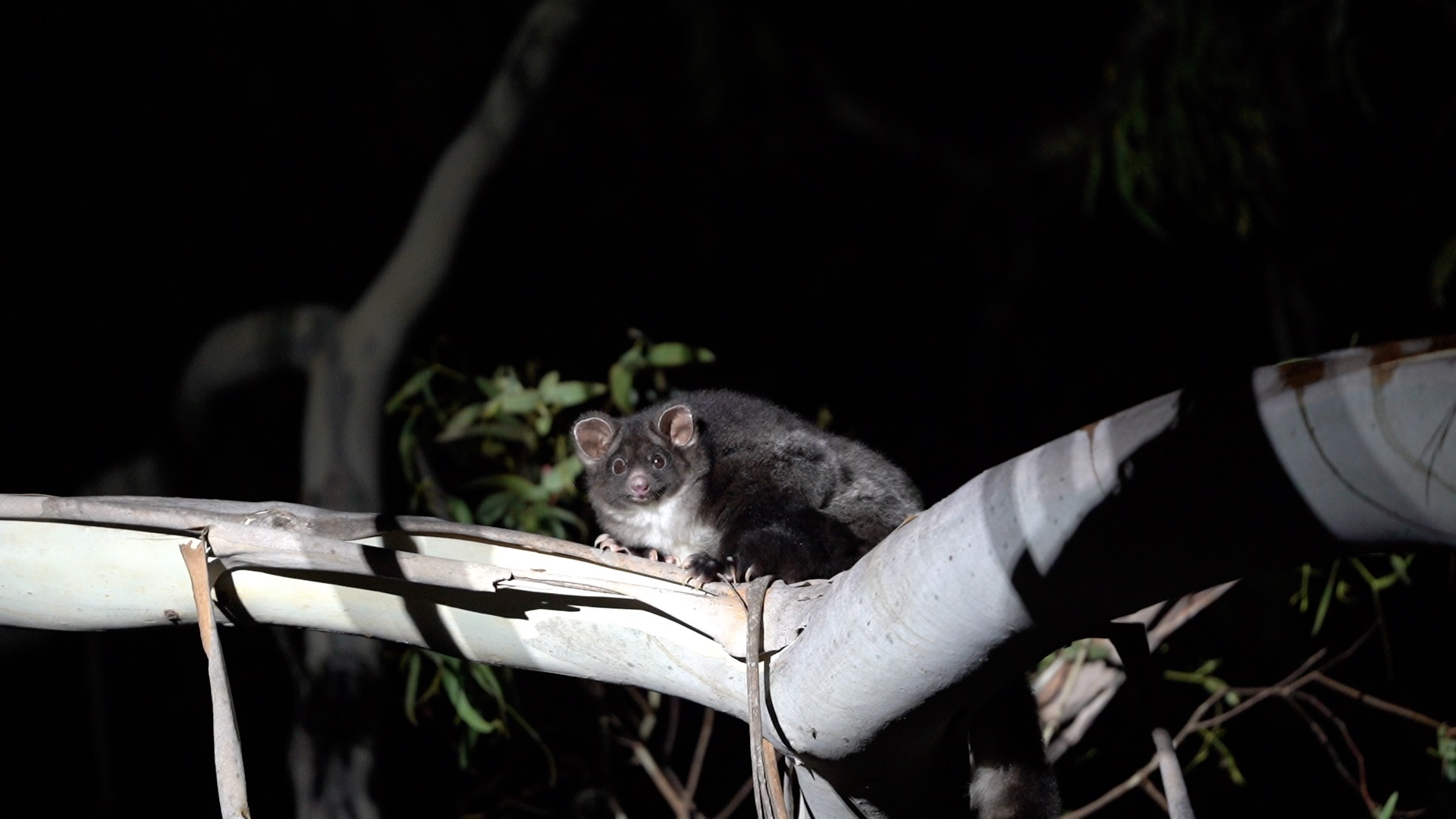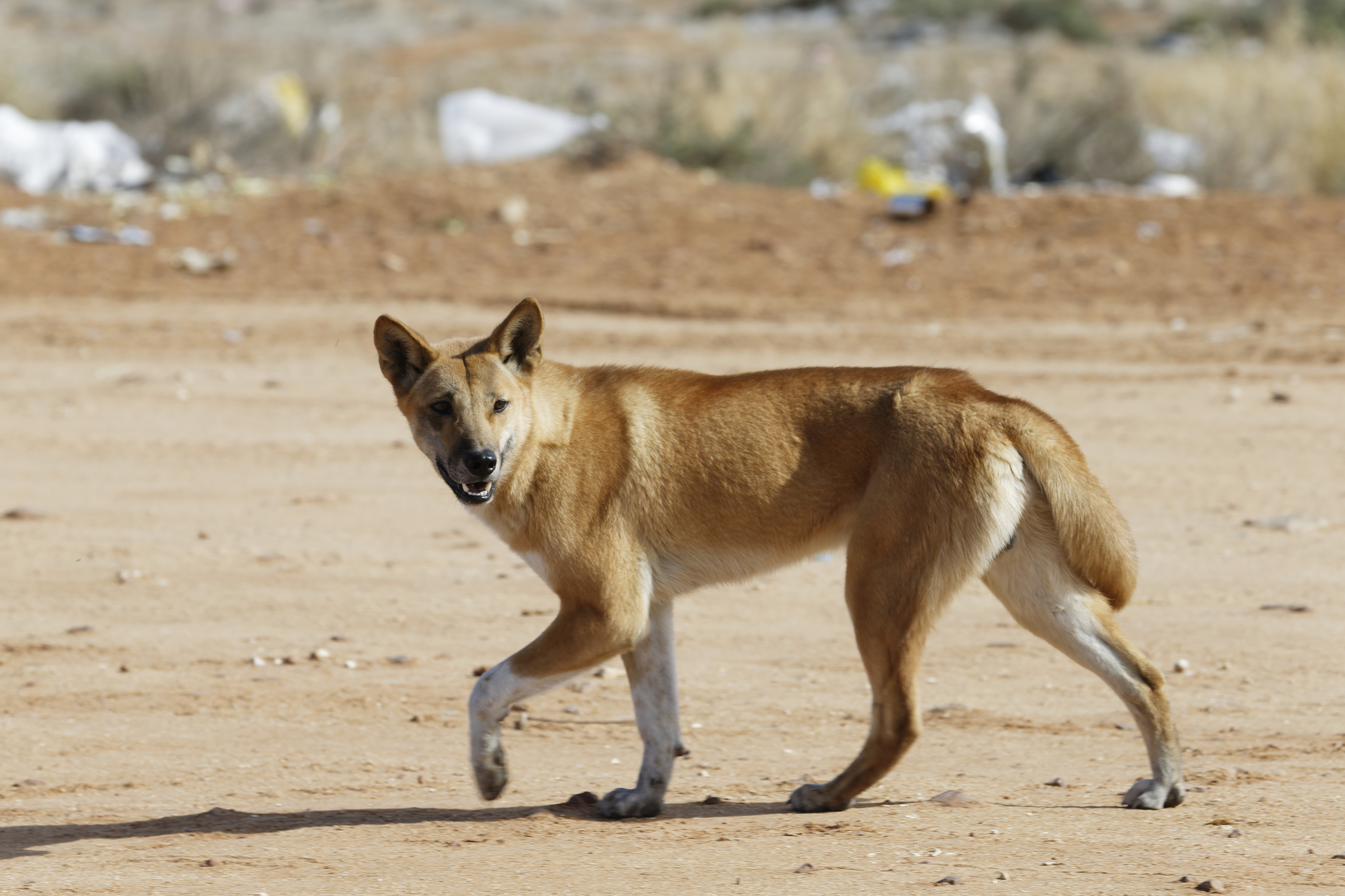Five hours south of Sydney, in the high country of south-east New South Wales, Glenbog State Forest sits quietly on the edge of the escarpment. At first glance, it looks like many other native forests. But Glenbog is not just any forest. It is one of the few remaining high-elevation “cloud forests” in southern NSW. These are places where geography...
In what was previously flagged as an inevitability by conservation groups, a humpback whale has been today entangled in shark nets off Surfers Paradise. Every year at this time, humpback whales migrate from feeding grounds in the Southern Ocean to the warm waters of the Coral Sea to breed and give birth to their young, and every year a number of them become traumatically entangled in Queensland’s shark nets.
Queensland welcomes these gentle humpbacks with a gauntlet of 27 gillnets, set with the intention of reducing the risk of shark bite. Eighty-two whales have been entangled in these shark nets since 2001. In more fortunate instances where an entangled whale is able to be freed, there’s no guarantee they will survive the ordeal.* Such an event is extremely traumatic for the already exhausted migrants. We do not yet know what fate awaits today’s victim.
A trial replacement of shark nets with alternatives in Queensland waters for the duration of the whale migration was recommended to the Minister for Agriculture and Fisheries, Mark Furner, by the Shark Control Program’s Scientific Working Group in September 2020. The Working Group is a panel of shark experts tasked with guiding the program and providing advice to the Minister’s Office.
However in 2021, Minister Furner stated publicly that removing the shark nets for the whale migration was off the table despite the scientific advice from his Working Group. His office would not confirm if net removal during the whale migration was likely in future years.
The Queensland Shark Management Plan released last December promises further trials of new, non-lethal technologies such as drone surveillance that hopefully provides a path to consigning the nets to history.
“Today’s entanglement is just another awful example of what we all know is coming every winter. Whales migrate right through the very area where the Queensland Government insists on anchoring 186m long gillnets. There are better ways to reduce the risk of shark bite without endangering these whales and marine wildlife. Enough is enough,” said Humane Society International marine biologist Lawrence Chlebeck.
“QDAF’s own Scientific Working Group suggested a removal of nets during whale migration season back in 2020. Since then drone surveillance has been successfully trialed and implemented, leaving no reason to continue with shark nets.”
Dr Leonardo Guida, shark scientist at Australian Marine Conservation Society said: “It’s incredibly frustrating seeing the same thing unfold each year when we have solutions that modernise beach safety standards and don’t put wildlife at risk. The drones are proving their worth on south-east Queensland beaches, keep them up and get the nets out now.”
Shark nets are installed on beaches on the Gold Coast, Sunshine Coast, Rainbow Beach, and Mackay as a part of Queensland’s Shark Control Program. Though meant to reduce the risk of shark bite, the nets catch huge numbers of non-target species and cannot keep sharks from shore, providing nothing more than a false-sense of security.
HSI and AMCS are currently leading a joint campaign, “Shark Champions”, to end lethal shark control measures in Queensland. The Shark Culling Impact Tracker, a tool developed by HSI and AMCS which counts marine life caught and killed in Queensland’s shark control program since 2001, is available to view at www.sharkchampions.org.au/qldsharkcull.
*It is currently being reported that today’s entangled whale has freed itself.


